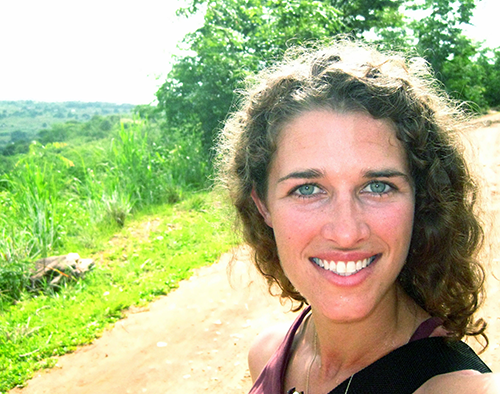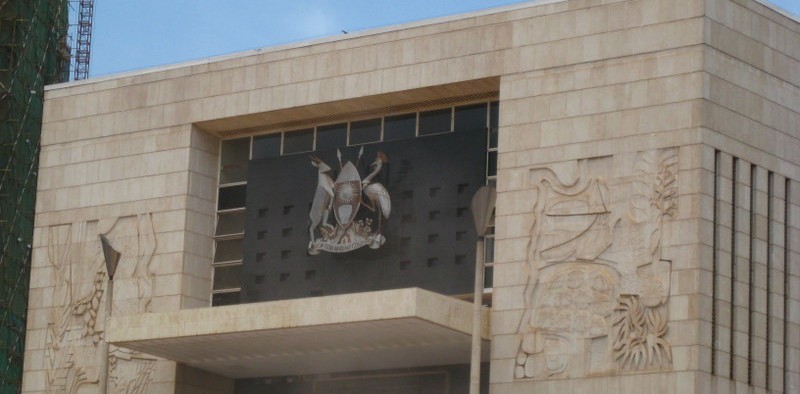The thing about the politics is this: though a lot happened in the past year, it’s quiet now on the streets. The political opposition has been muted lately, which might be a good thing – last time I read a quote from the opposition leader, Besigye, in the newspaper he was claiming that the soldiers who beat him looked drugged. A dear friend in Denver pointed out that that seemed improbable. Besigye is trying to paint Museveni as Idi Amin, but it’s simply not a good analogy. Instead, analysts here lend the impression that Besigye and Museveni have mentalities that are too dated for the present day.
Although there was definitely violence against Besigye’s party, particularly after the election, the real debates are within Museveni’s party, where the younger generation of parliamentarians is calling for investigations into corruption and are demanding to see oil contracts.
In a long conversation with a woman smarter and more knowledgeable than I, the question of the Arab spring arose. If Ugandans rose up, would they be like Egypt/Tunsia or Syria/Bahrain… or … Zimbabwe?
The political question is relevant to the HRIA insofar as an oil agreement with a government is a wager that that government will hold for 30 years. To hedge that bet, companies need to also make agreements (not necessarily contractually, but through ongoing engagement, dialog and collaboration) with the communities affected by operations.
Betting on Museveni may be a big gamble. Not only has it been hard for him to retain a high level of control in the wake of the last election, he’s pushing 70. Even if he tried to install his son/brother/wife in power, there’s no reason to believe that would hold.
Things are quiet now, but my (kind of alarmist – sorry) email from yesterday is about stuff that’s still in the headlines. Journalists are writing about Museveni like an outgoing leader, one year into his five-year term. If that’s what oil companies are siding with, they may be taking a big risk by ignoring public calls for transparency rather than twisting government’s arm on corruption issues.
Pictures
The only picture requiring explanation is “The Grinder” — the part of the chicken where pebbles are stored, which is a delicacy the honored guest gets to enjoy. The grinder works hard and has a thick sinewy lining,
Actually work *is* getting done. Our tent is pitched in the front lawn of an old man who spent 36 years in the military (meaning he was in the army of every ugandan regime ever, including the british colonizers). He has some comments on the differences between the military systems under each. He also has some comments about the road that threatenes to cut his property in half to facilitate oil trucking.

Author: Kendyl Salcito, executive director, NomoGaia
Kendyl Salcito developed her expertise in human rights and business as a foreign reporter in Southeast Asia and North America. She has advised industry groups on corporate human rights performance and contributed to the development of the UN’s Guidance Principles for Human Rights and Business.


